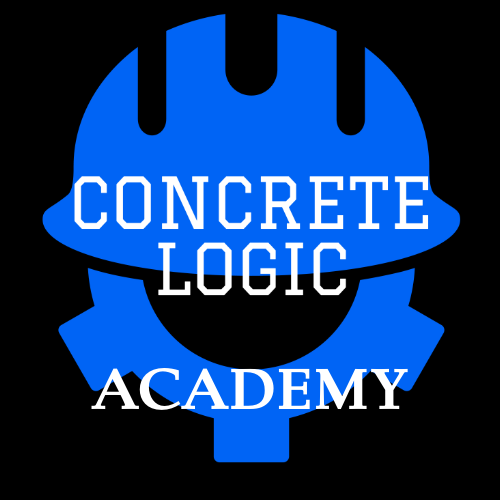Why Battery Storage Falls Short: Insights from a Green Chicken

As a premium subscriber of Doomberg and host of the Concrete Logic Podcast, I’m enthusiastic to share insights from the latest article, “Storage Units,” which delves into the critical examination of our current approach to renewable energy. Doomberg, always a beacon of clarity in the energy debate, raises essential questions about the feasibility of transitioning to wind, solar, and battery storage without first proving their viability on a large scale.
For those unfamiliar, Doomberg is a prominent voice in the energy sector, known for its incisive analysis and no-nonsense approach to complex issues. The team behind Doomberg brings a wealth of experience in finance, energy, and industry, providing readers with well-researched and thought-provoking content. Their Substack newsletter has become a go-to resource for anyone looking to understand the intricacies of energy policy and market dynamics.
And did I mention that Doomberg always appears disguised as a green chicken? It’s hilariously quirky!
The article begins by highlighting a glaring oversight in the global push towards renewable energy: the lack of demonstration projects. Governments are pouring trillions into these technologies without a single city, region, or country successfully running a grid solely on renewables and storage. Francis Menton of Manhattan Contrarian is cited, emphasizing the economic impracticality of maintaining both renewable and backup power systems. The duplicative costs, he argues, make the transition economically unfeasible.
Doomberg’s hands-on approach provides a practical perspective. The team tested a high-capacity battery system, the 10,800-watt-hour ECOFLOW Delta Pro, to see how it could sustain household functions during a power outage. While the system performed admirably for small electronics and even a refrigerator, it struggled with larger energy demands like water heaters and air conditioning units. This experiment underscores the limitations of current battery technology in providing reliable, long-term energy storage.
The article also tackles the significant energy requirements for maintaining thermal comfort in homes. Heating and cooling systems, which are major energy consumers, would quickly deplete battery reserves. This reality raises serious doubts about the practicality of an all-electric home powered solely by renewable energy and battery storage, especially during periods of low solar and wind availability.
Doomberg calls for a more realistic appraisal of the green energy agenda. Before committing further resources, governments should conduct comprehensive demonstration projects to empirically test the viability of these technologies. Without such evidence, the push for a rapid transition to renewables may lead to significant economic and practical challenges.
For those interested in a deeper dive into these critical issues, I highly recommend reading the full article on Doomberg’s Substack here.











